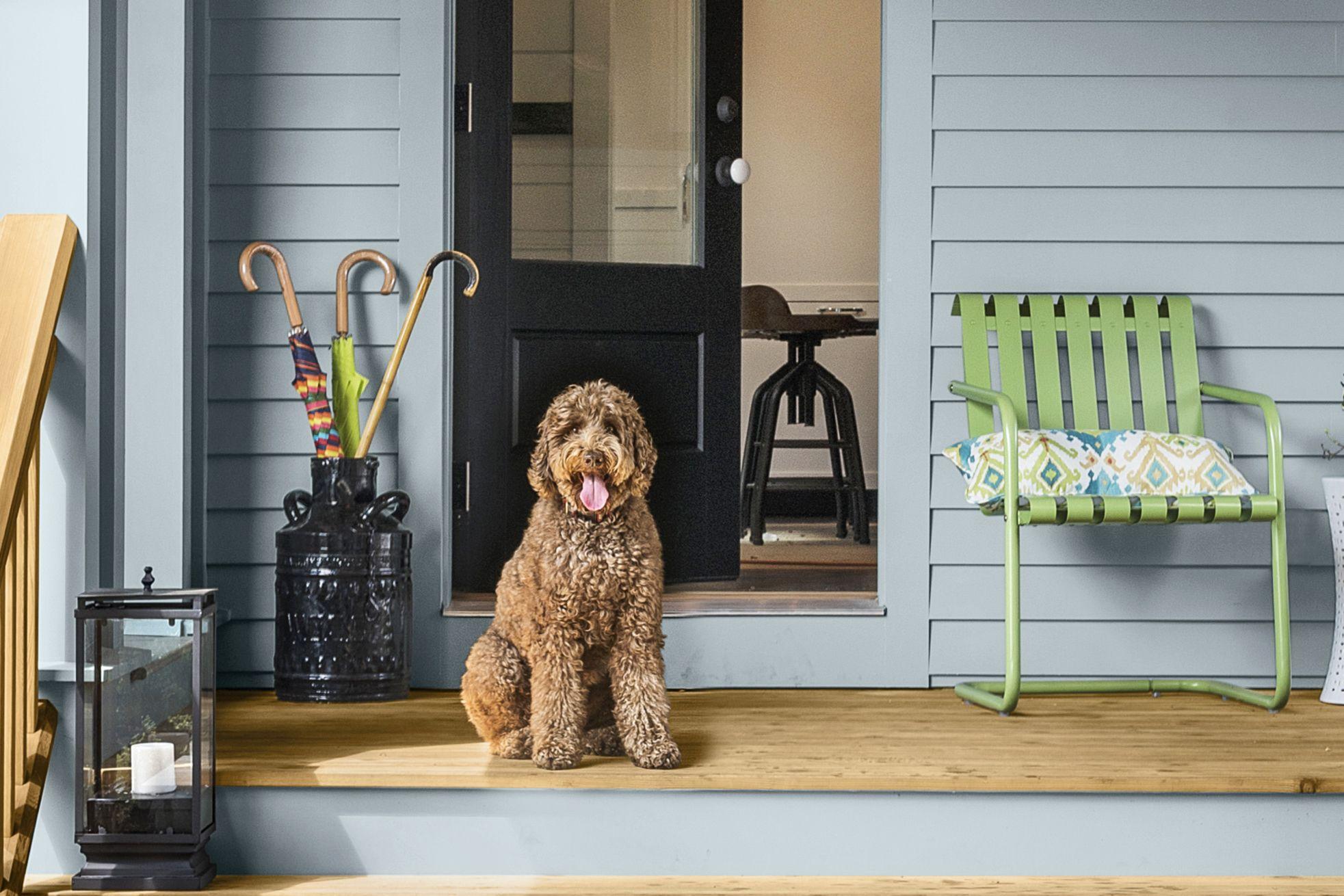Welcoming a new dog into your home is a journey filled with joy, laughter, and the promise of unconditional love. As you embark on this exciting adventure, it’s important to equip yourself with the knowledge and tools to create a nurturing environment for your furry friend. Whether you’ve adopted a playful puppy or a gentle senior, being a new dog owner comes with its own set of challenges and rewards. In this guide, we’ll explore essential tips that will help you navigate the early days with confidence and compassion. From understanding your dog’s needs to establishing a routine, these insights will ensure a harmonious start to your lifelong companionship. Let’s dive into the heartwarming world of dog ownership, where every wagging tail and joyful bark is a testament to the bond you’re about to build.
Choosing the Right Breed for Your Lifestyle
When it comes to welcoming a furry friend into your home, the choice of breed can make a world of difference. Selecting a breed that complements your lifestyle is crucial for a harmonious relationship. Consider your living situation: Are you in a spacious home or a cozy apartment? Larger breeds like Golden Retrievers or German Shepherds thrive in open spaces, while smaller breeds such as French Bulldogs or Dachshunds are better suited for apartment living. Activity level is another key factor; if you’re an active person who enjoys long hikes, a Border Collie or a Labrador Retriever might be your perfect match. On the other hand, if you prefer a more laid-back lifestyle, a Basset Hound or a Shih Tzu might be more appropriate.
- Family Dynamics: Some breeds are particularly good with children, like Beagles and Boxers, making them excellent family pets.
- Allergies: If allergies are a concern, consider hypoallergenic breeds such as Poodles or Bichon Frises.
- Experience Level: First-time dog owners might find it easier to start with breeds known for their trainability and temperament, like Cavaliers or Pugs.
Remember, every dog is unique, and individual personalities can vary even within breeds. Take the time to research and perhaps even meet different breeds before making your decision. This thoughtful approach will ensure that your new companion fits seamlessly into your life, bringing joy and companionship for years to come.

Creating a Safe and Comfortable Home Environment
When welcoming a furry friend into your home, it’s important to make the space both secure and inviting for them. Start by dog-proofing your living area to prevent accidents and injuries. Remove any hazardous items such as sharp objects, toxic plants, and small items that could be swallowed. Ensure that electrical cords are hidden or secured, and install baby gates if necessary to restrict access to certain areas.
- Designate a cozy spot: Create a dedicated area for your dog with a comfortable bed and some favorite toys.
- Maintain a consistent routine: Establish feeding, walking, and play schedules to help your dog feel secure and settled.
- Consider their sensory needs: Provide a variety of textures, sounds, and smells through different toys and enrichment activities.
- Ensure easy access to water: Place water bowls in multiple locations so your dog can stay hydrated without hassle.
By taking these steps, you’ll create a nurturing environment that promotes your dog’s well-being and fosters a loving relationship between you and your new companion.
Building a Strong Bond Through Training and Play
Creating a meaningful connection with your new furry friend is both rewarding and essential. One of the best ways to achieve this is through consistent training and engaging play. Training not only teaches your dog essential commands but also fosters mutual respect and understanding. Here are some tips to help you get started:
- Start Early: The sooner you begin training, the better. Puppies are like sponges and can quickly absorb new information.
- Use Positive Reinforcement: Reward-based training builds trust and encourages your dog to repeat good behavior. Treats, praise, and affection go a long way.
- Be Consistent: Establish a routine and stick to it. Consistency helps your dog understand expectations and reduces confusion.
Equally important is incorporating play into your daily routine. Playtime is not just about fun; it’s an opportunity to deepen your bond and provide mental and physical stimulation. Consider these playful activities:
- Interactive Toys: Invest in toys that challenge your dog’s problem-solving skills and keep them entertained.
- Fetch and Tug-of-War: Classic games like fetch and tug-of-war can be excellent ways to burn off energy and strengthen your relationship.
- Exploration Walks: Allow your dog to explore different environments on walks. This not only exercises them physically but also mentally, as they encounter new sights and smells.
Understanding Nutrition and Health Needs
Ensuring your furry friend receives proper nutrition is crucial for their overall well-being. As a new dog owner, it’s important to understand that dogs, like humans, have unique dietary needs that can vary based on factors such as age, size, breed, and activity level. Here are some essential tips to help you navigate their nutritional needs:
- Balanced Diet: Aim to provide a balanced diet that includes a mix of proteins, carbohydrates, fats, vitamins, and minerals. Consult your veterinarian to determine the right balance for your dog.
- High-Quality Dog Food: Choose high-quality commercial dog food that meets the Association of American Feed Control Officials (AAFCO) standards. Look for foods with real meat as the first ingredient and avoid those with excessive fillers.
- Portion Control: Overfeeding can lead to obesity, a common health issue in dogs. Follow the feeding guidelines on your dog food packaging and adjust as necessary based on your dog’s activity level and weight.
- Hydration: Always provide fresh, clean water for your dog. Dehydration can lead to serious health problems, so ensure they have access to water throughout the day.
- Special Dietary Needs: Be aware of any special dietary needs your dog may have, such as allergies or sensitivities. Your vet can help you identify and manage these needs effectively.
Remember, a well-nourished dog is a happy and healthy dog. Taking the time to understand their nutritional needs will set the foundation for a long and joyful companionship.

